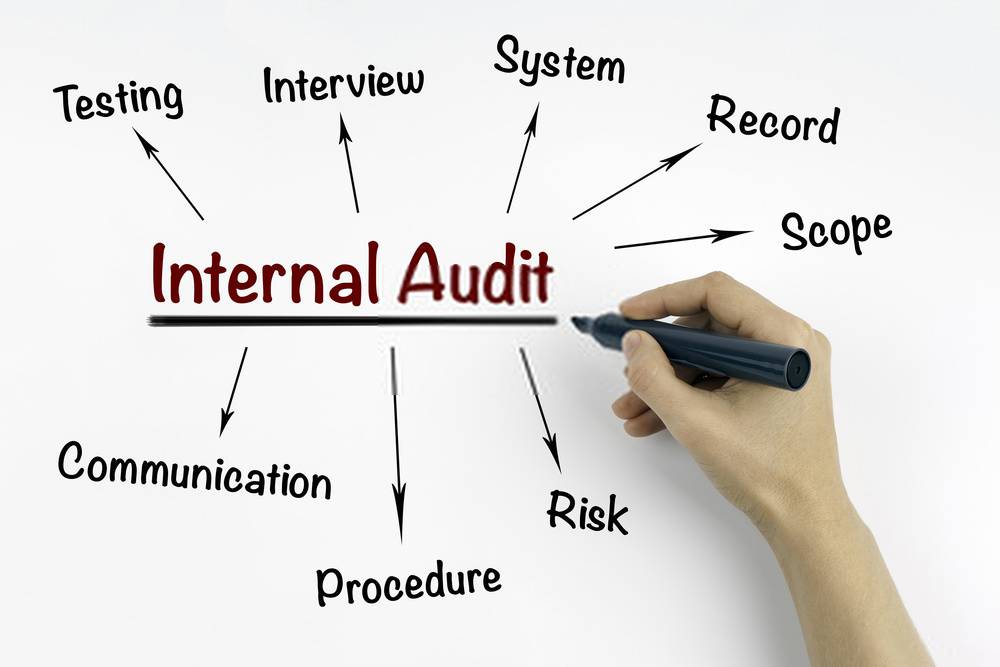The Institute of Internal Auditors has issued a Model Internal Audit Activity Charter that came into effect from 7th June, 2019. In the following article we will be thoroughly discussing the charter for better understanding.

Internal Audit Activity:
Table of Contents:-
The internal audit activity can be said as an objective assurance, consulting and independent activity that works on the principle of providing and adding value to an organization’s operations, control environment and risk management. It helps the entity in achieving its goals and objectives through continuous improvement.
Role of the Internal Audit Activity:
As per the charter there is always a need of internal audit in business for providing direct access to the audit committee and its oversight. As per the previous arrangement the internal audit activity was only required to establish a reporting financial team to the Principal Accounting Officer of the company.
Independence Internal Audit Activity:
The internal audit function always has independent access and free from the interference from the organization and its levels or elements. The whole process of internal auditing is independent from the organization’s operational responsibility.
Objectivity of the Internal Audit Activity:
The internal auditors in a company have the highest level of objectivity wherever their professional front is concerned. They practice the best technique in gathering, analyzing, evaluating and communicating the information and records collected during the process.
Responsibility in the Internal Audit Activity:
The auditor in the company conducting the internal audit is levied with a set of responsibilities as per the Internal Audit Activity Charter. These are to be fulfilled in order to achieve the set aims and goals of the organization. It contains the following-
- Evaluation of the exposed risk related to the achievement of the strategic goals of the company.
- Evaluation of the employed resources and the effectiveness and efficiency in its employment.
- Evaluation of the systems that have been established for ensuring the company’s compliance with the set policies, laws and statutes which can significantly impact the entity and its operations.
- Monitoring the governance process of the company and evaluating the whole process system for checking the effectiveness of the risk management.
- Evaluation of the quality performance of the external auditors appointed by the company and their degree of coordination and cooperation with the internal audit activity.
- Evaluation of the integrity and reliability of the gathered information and of the means and modes used for identifying, measuring, classifying and reporting all this information.
- Evaluation of the specific operations as per the request of the executive management or the Board of Directors.
- Reporting the purpose, responsibility, authority and performance of the internal audit planning
- Evaluation of the means of safeguarding the company’s assets and verifying its existence wherever applicable.
- Performing the advisory and consultation services specifically related to the risk management, governance and internal control that are appropriate for the entity.
- Wherever applicable, reporting the significant risks and control issues to the management and other fraudulent activities through the internal audit activity to the audit committee.

